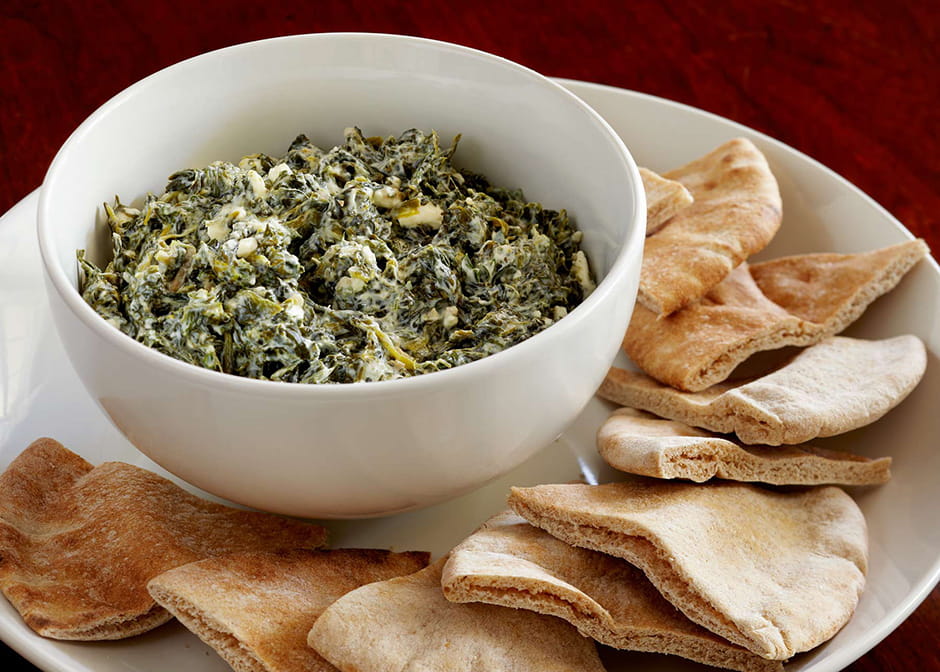On October 1st, the world observes International Day of Older Persons—a day set aside to acknowledge the invaluable role our elders play in shaping our families, communities, and societies. In Trinidad and Tobago, as in many parts of the world, the older generation holds deep cultural and familial significance. Yet, far too often, we overlook their needs, dismiss their struggles, and forget the dignity they deserve.
As a people let’s collectively explore how we can better care for, respect, and cherish the older generation in ways that truly make a difference.
1. Truly Listen to Their Stories—Their Wisdom is a Gift
They have weathered challenges, celebrated triumphs, and endured hardships that can offer us lessons in resilience. By lending a compassionate ear, we show them that their voices still matter. Remember, to be heard is to be valued—and that’s a gift we can all give.

2. Offer Support with Patience and Dignity
Avoid making them feel like a burden. Instead, approach every act of care as an opportunity to show respect. Even small gestures like checking in regularly or spending quality time together can make them feel valued and supported.
3. Protect Their Independence While Offering Help
One of the most challenging aspects of aging is the fear of losing independence. Many older persons wish to maintain control over their lives for as long as possible. As we care for our elders, we must find a balance between offering necessary help and supporting their desire to remain self-reliant.
Encourage them to continue doing the activities they enjoy. Whether it’s gardening, taking daily walks, or volunteering, preserving their sense of independence helps maintain their dignity. Support them in a way that enhances their autonomy rather than taking it away.

4. Advocate Against Ageism—Stand Up for Their Rights
This can be as simple as advocating for better elderly services, ensuring public spaces are accessible, and supporting policies that protect their rights. It can also mean changing our own attitudes—reminding ourselves and those around us that aging is not a decline in worth, but a deepening of wisdom.
5. Celebrate Their Contributions—Acknowledge Their Legacy
Organize family gatherings, community events, or even simple celebrations that honor the lives and achievements of our elders. Look through old family photos, talk about their past contributions, and let them know that their legacy continues to shape the present and future.
6. Build Intergenerational Connections—Bridge the Gap
Encourage family activities that include everyone, from the youngest to the eldest. Whether it’s cooking a family meal together, sharing stories, or simply spending time in each other’s company, these moments create lasting memories and build respect between generations.

7. Create a Community That Cares for Its Elders
Caring for the elderly is not just the responsibility of individual families—it’s a societal obligation. As a community, we need to ensure that older persons have access to supportive services, healthcare, and social activities that enhance their quality of life. Volunteering with organizations that provide assistance to the elderly, such as the Trinidad and Tobago Association of Retired Persons (TTARP), can make a significant impact.
In Trinidad and Tobago, initiatives like these offer a lifeline to those who might feel isolated or unsupported. By getting involved, we can ensure that every elder in our community has the resources they need to thrive.
Respect, Care, and Compassion—Every Day
International Day of Older Persons serves as a reminder of the responsibility we all share to respect, uplift, and care for the older generation. But this respect and care should not be confined to a single day. Every day is an opportunity to show our elders that they are valued, loved, and respected.
In doing so, we strengthen our families, our communities, and ultimately, ourselves. Because when we care for our elders, we are reminded of the rich history they represent and the vital role they continue to play in our lives. Let’s move forward with respect, care, and compassion—ensuring that every elder feels the dignity they so richly deserve.








